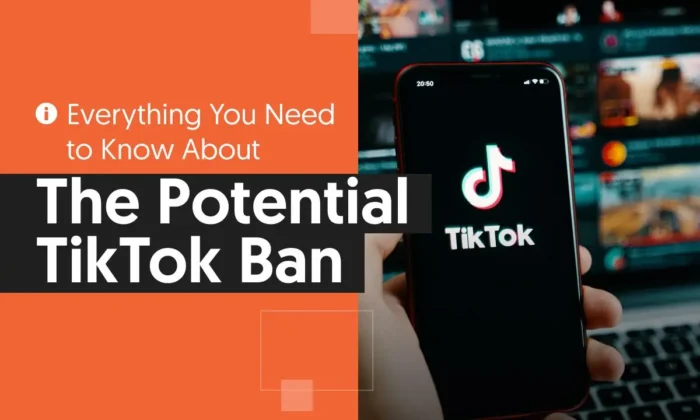
One of the most common questions in digital marketing is whether to invest in SEO or pay-per-click (PPC). SEO and PPC are strategies to connect with audiences searching on platforms like Google, but they each have unique benefits and drawbacks. When budgets are limited, you may be forced to choose between the two. This blog post aims to explore both strategies in depth and provide a thoughtful decision tree to help you make the best choice for your business.
Understanding PPC: Fast Results and Valuable Data
Pay-per-click (PPC) advertising, as the name suggests, involves paying for each click your ad receives. This strategy can deliver quick results, making it ideal for businesses that need an immediate boost in leads or sales. However, remember that PPC is an expensive & ineffective bandaid for a poor website experience. If your website doesn’t explain who you are, what you belive, and what goods or services you provide, you need to start there.
Quick results are just one of the advantages of PPC. It can be a valuable tool for businesses investing in market research. Google Ads and other similar platforms provide extensive data when running PPC campaigns. You can test and analyze the efficacy of different keywords, ad texts, and landing pages.
Despite its many benefits, PPC is more than just a one-size-fits-all solution. Some B2B brands may struggle with PPC. Strategies like account-based marketing or LinkedIn Ads might be a better choice for immediate lead generation.
The Power of SEO: Building Expertise, Authority, and Trust
Search engine optimization (SEO) is a long-term strategy focusing on improving your website’s visibility in organic (non-paid) search engine results. While it doesn’t provide the instant results that PPC can, it has significant long-term benefits.
SEO is particularly beneficial if you are rebranding, anticipating a recession, or selling a unique product in an emerging category. The science of SEO is not just about finding keywords and optimizing your site. It’s about building expertise, authority, and trust (E-A-T) for your brand.
Building SEO involves:
- Creating relevant, high-quality content that resonates with your audience.
- Ensuring your website provides a smooth user experience.
- Building a brand that users can trust.
All of these aspects not only boost your SEO but also contribute positively to your overall marketing strategy. If your business can afford to take six months or so to build up a steady stream of organic traffic, SEO can be an excellent choice.
The Downside of Dependence on PPC
While PPC can bring quick results, it’s essential to consider its potential long-term implications. Like many other ad platforms, Google has been consistently increasing the cost per click while reducing the data available to marketers. This trend could make PPC untenable for some businesses in the long run.
Imagine a scenario where a manufacturer invests in a PPC campaign, generating a considerable increase in sales. They then scale up their operations to meet this demand, hiring more staff and investing in new equipment. But what if the cost of maintaining the same level of sales via PPC keeps rising? They’re stuck with increased overheads but a dwindling return on their ad spend, potentially leading to a negative return on investment.
For this reason, I recommend against overly relying on PPC as a core marketing channel.
SEO: A Slow Burn with Lasting Impact
Conversely, SEO is a long-term investment that can generate a consistent and growing stream of traffic and leads over time. Unlike PPC, the cost doesn’t increase as your traffic does.
When you invest in SEO, the benefits can last for months, if not years. We’ve seen the content we wrote for clients years ago that still brings substantial traffic to their sites today. One blog post for a university client has generated over a million users and driven more applications than any other content they’ve published online.
In Conclusion: Striking the Balance
In a perfect world, a healthy digital marketing strategy would involve a mix of both PPC and SEO. PPC can provide quick wins and valuable insights, while SEO builds a solid foundation for long-term success.
However, if you’re forced to choose, consider your business goals, time frame, and budget. If you need quick results and have the budget to invest in PPC and market research, PPC might be the right choice. If you have a longer time frame and want to build a steady, sustainable source of traffic and leads, SEO could be a better investment.
Remember, the choice between SEO and PPC isn’t a one-time decision. As your business grows and changes, you should continually reassess your marketing strategy to ensure it aligns with your current goals. Whatever path you choose, the ultimate goal should be to provide value to your audience and build a solid and trustworthy brand.
#seotips #seo #digitalmarketing #searchengineoptimization #seoexpert #seoservices #seomarketing #digitalmarketingtips #marketing #seotools #seoagency #seostrategy #contentmarketing #socialmediamarketing #google #digitalmarketingagency #searchenginemarketing #onlinemarketing #socialmedia #onpageseo #website #marketingtips #seotipsandtricks #searchengineoptimisation #searchengine #digitalmarketingstrategy #googleranking #offpageseo #keywords #webdesign



